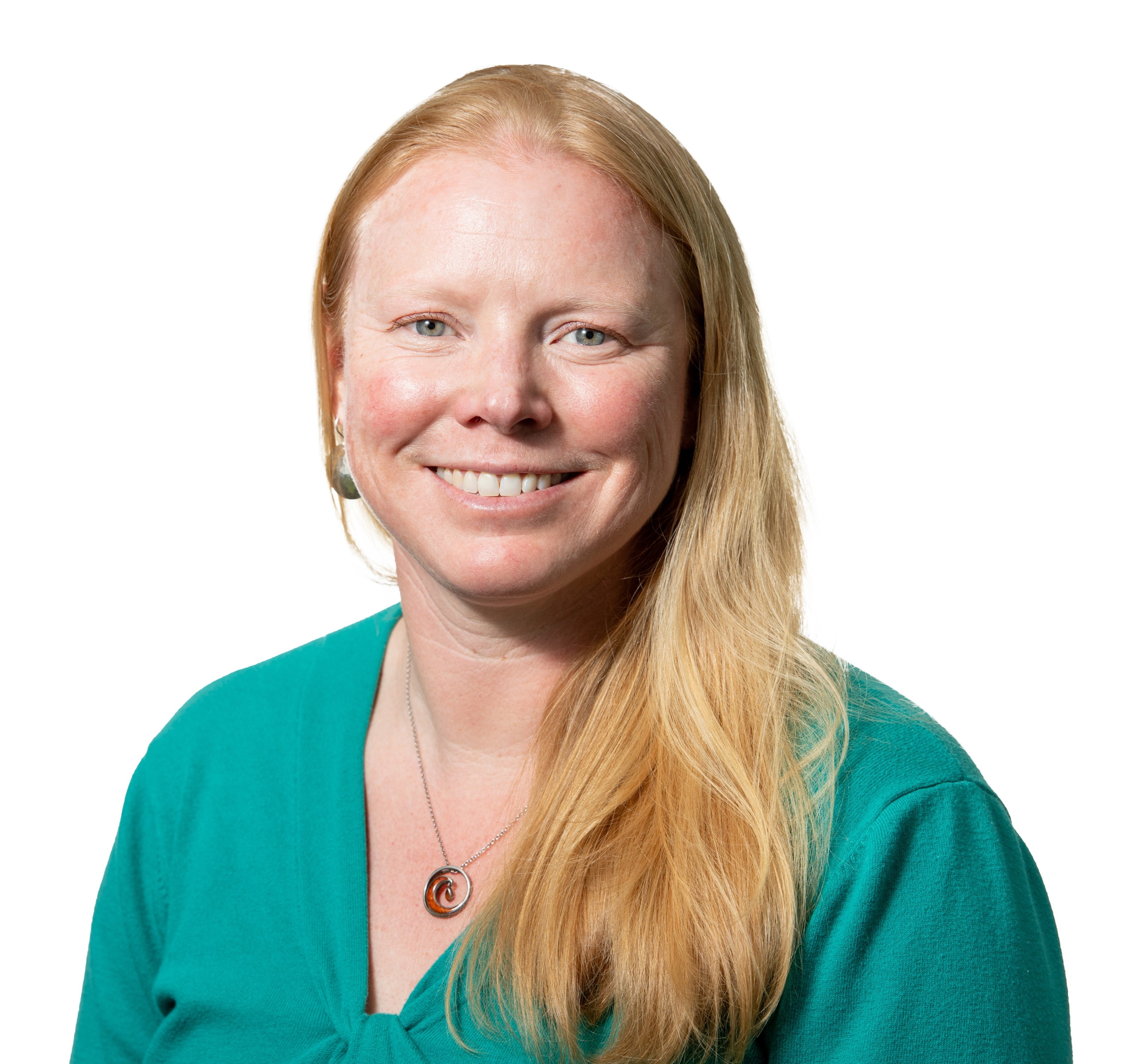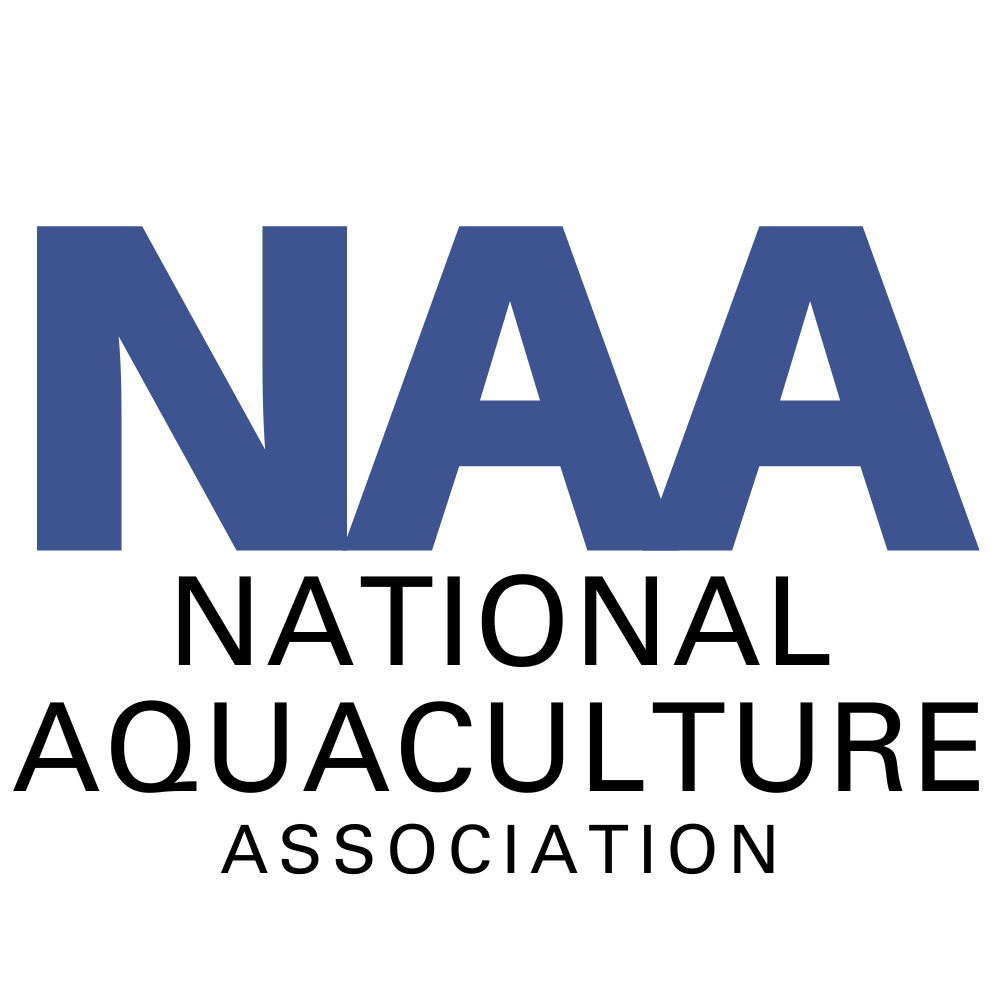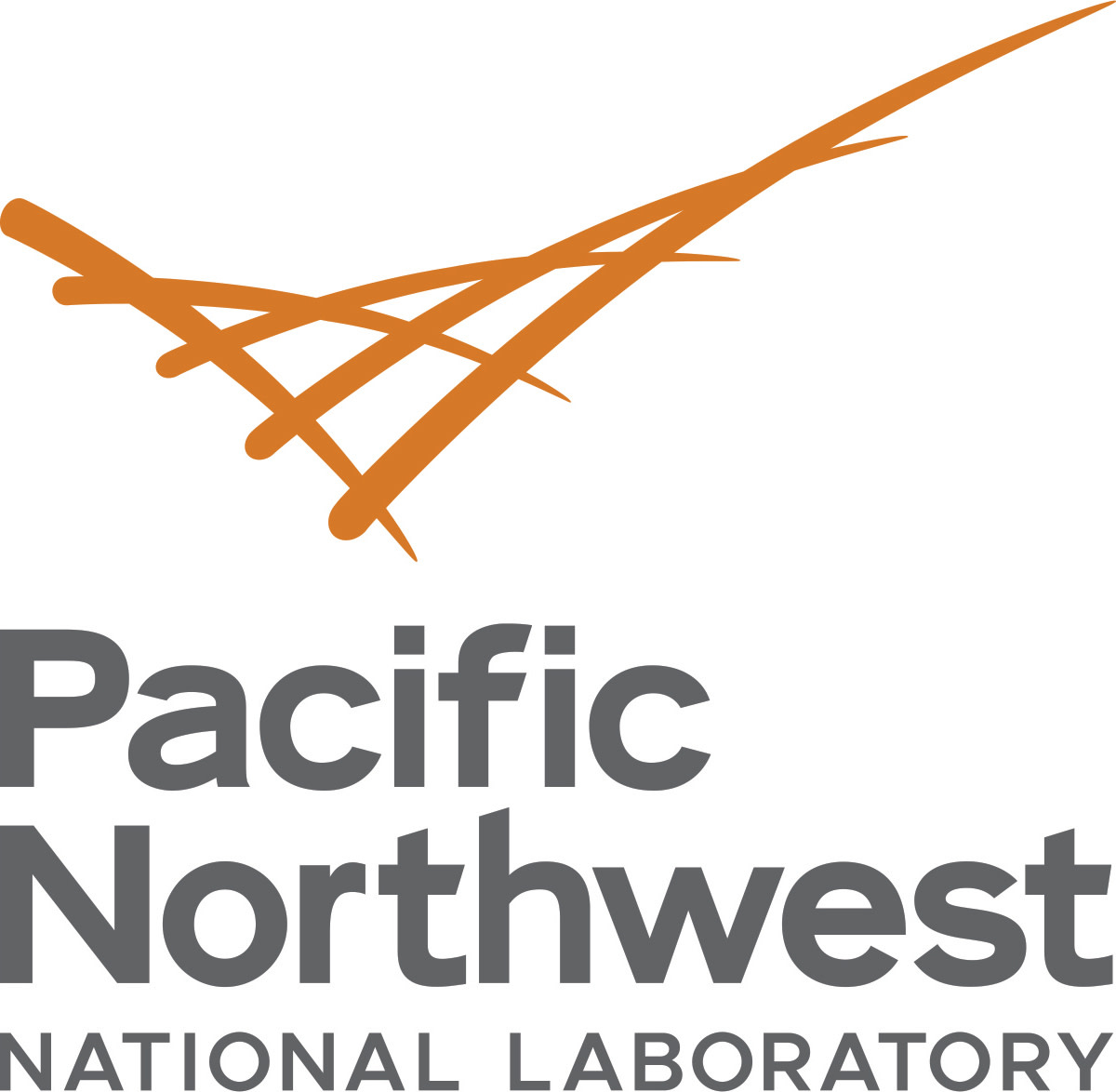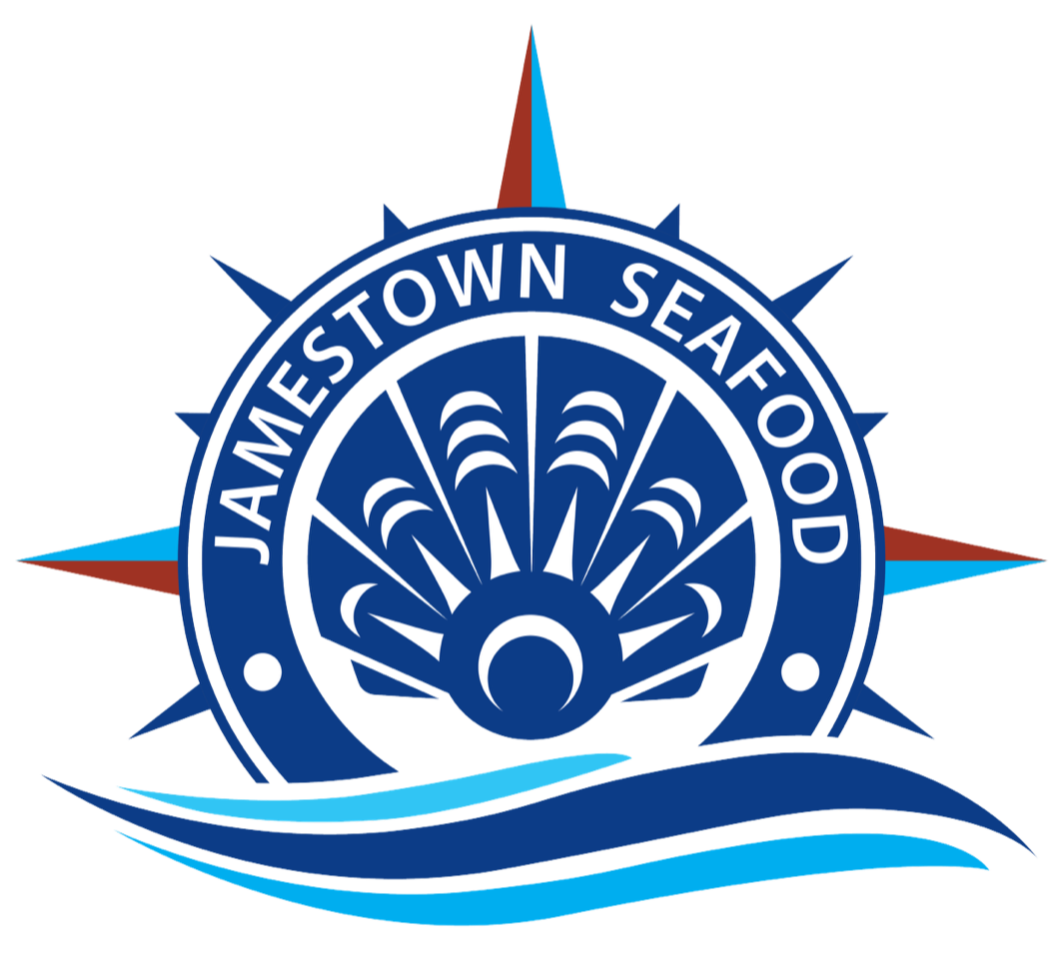
NAA Webinar: Opportunities for the Co-location of Marine Energy and Aquaculture
The energy needs of community scale aquaculture operations and the potential to power such operations with marine energy are not well understood. In collaboration with the Jamestown S’Klallam Tribe, scientists from the Pacific Northwest National Laboratory (PNNL) are investigating how marine energy may be able to provide sustainable power to Tribal community-scale aquaculture and examine the potential for additional co-location opportunities around the Salish Sea. Click here to learn more about PNNL's research.
On December 6, 2024, Mikaela Freeman and Laura Nelson from PNNL, shared the results of their efforts to date in Washington, as well as outcomes of similar investigations in Hawaii, California, and Puerto Rico. Click here to view the webinar recording.
Marine energy technologies, such as the wave energy converters and tidal turbines shown here, could be co-located with aquaculture operations—including finfish, shellfish, macroalgae, and others—to provide a renewable source of energy from the ocean. (Illustration by Stephanie King | Pacific Northwest National Laboratory)
Click here to learn more about the Pacific Northwest National Laboratory's research.
Participate in PNNL's Aquaculture Survey
A team of researchers from the Pacific Northwest National Laboratory are working to understand the potential to power aquaculture operations with marine energy (energy from waves, tides, currents, and salinity or temperature gradients) (https://www.pnnl.gov/projects/marine-energy-aquaculture). There have been a handful of pilot projects, but we still have a limited understanding of how marine energy could best support aquaculture. To address this gap, we are conducting a study where we are asking people with connections to the industry about what characteristics of renewable energy would be most beneficial for aquaculture. This information will help to inform how to design marine energy systems that could best support different types of aquaculture operations.
We are inviting anyone with a connection to the aquaculture industry (growers, managers, academics, etc.) to participate in our study. We have developed an online survey based on Q method where participants will rank what aspects of renewable energy they think are most valuable for aquaculture. It should take about 20 to 30 minutes and it can be completed on your own, or a member of our team can guide you through the process. Please reach out to Alison Shereda (alison.shereda@pnnl.gov) if you’d like to set up a time to do the Q sort with a member of our team. All the data we collect in this research will be anonymous.
Please reach out to Laura Nelson (Laura.Nelson@pnnl.gov) if you have questions or would like more information about this work. We hope you will consider participating and help improve our understanding of how marine energy can best support aquaculture.
Click Here to Access the Survey
About the Speakers

Mikaela Freeman is a Research Scientist at Pacific Northwest National Laboratory. She focuses on environmental and socio-economic effects of marine energy and plays a lead role in several projects aimed at identifying opportunities for co-locating offshore aquaculture with marine energy. She also conducts work related to environmental effects of marine energy, outreach and engagement, international collaboration, and marine policy.

Laura Nelson is an interdisciplinary social scientist at the Pacific Northwest National Laboratory. She focuses on the resilience of coastal communities, considering how they are affected by climate change and renewable energy development. A lot of her work involves stakeholder outreach and community engagement to center the priorities and values of communities in climate adaption and energy planning processes.
Thanks to Our Webinar Sponsor!
Wholesale Seafood & Aquaculture Shellfish Seed
Eat oysters, be happy
ʔíɬən kʷi cə ƛ̕əyə́x̣ʷƛ̕x̣ʷ, šaʔšúʔɬ kʷi
Operating from Jamestown S’Klallam tribal lands with a commitment to conservation, sustainability, and environmental stewardship, Jamestown Seafood raises some of the most highly-prized and sought after seafood in the Pacific Northwest. Every morsel has been grown and gathered with the utmost respect for our home, the Earth, and for our ancestors, our legacy. We invite you to share in enjoying the treasured bounty from our pristine saltwater beds to nourish your body and delight your palate.




